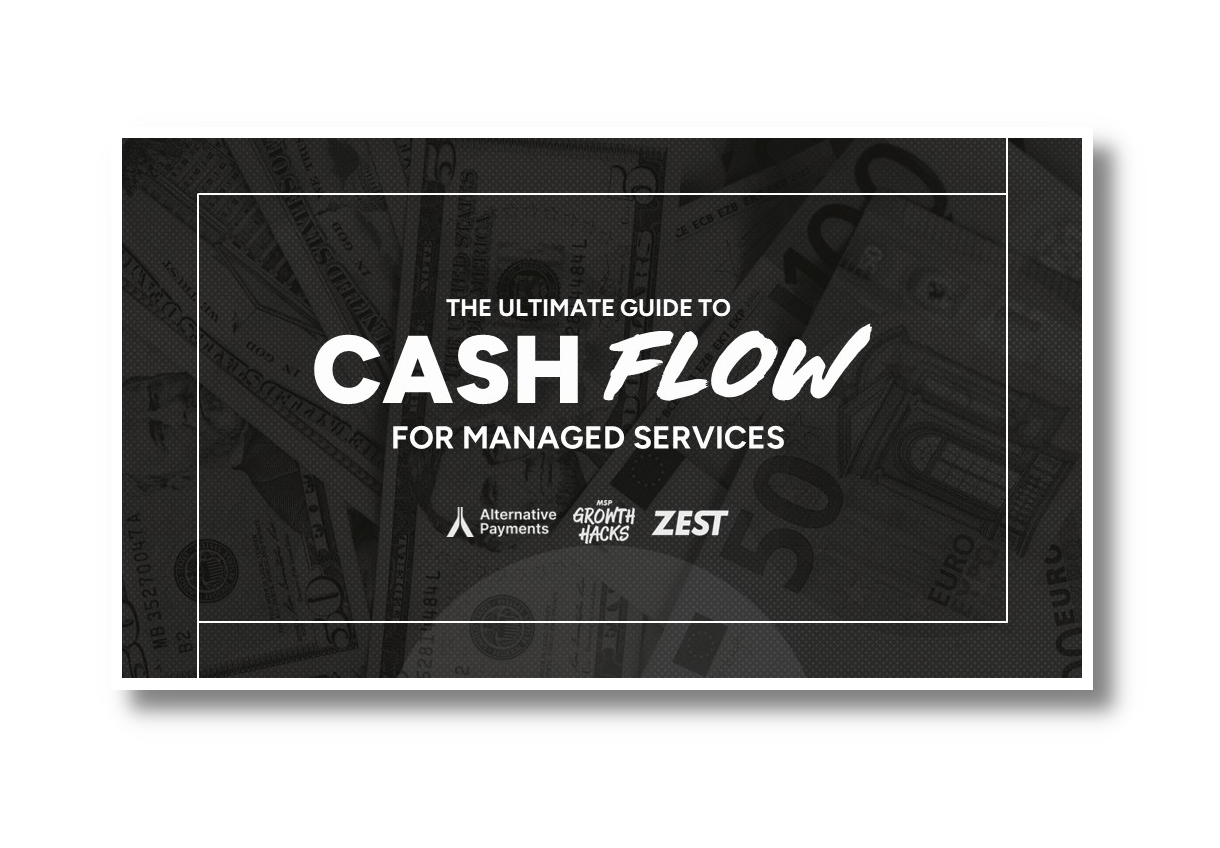Identifying the Right Time to Sell Your Managed Services Business
There is a lot of buzz going around the industry about mergers and acquisitions as MSPs are continuing to consolidate. With the acquisition market for this type of business in its current state, MSPs everywhere are beginning to ask themselves, should I sell now while its hot? Having gone through this process ourselves, we found that asking yourself these nine questions will ultimately help you identify the right time to sell your company.
What is our ownership agreement?
The first of many legal hurdles to clear in the process of getting acquired is that of your ownership agreement. If you are not a sole owner of your company, you are likely bound to an exit agreement with your partner that you may not even know the details of.
In some cases, this can really crush the sell-ability of your business, even if you are the majority shareholder. You need to make sure that the voting rights that correspond with your majority shares are transferable, should your partners decide not to sell theirs and remain owners of the company.
Having an attorney review your formation documents first and foremost will tell you what your options are and what type of cooperation you may need from your partner(s). Without this information, it could be difficult to make any further decisions about selling your company.
What is our core offering?
In managed services, you may find it difficult to really define what your core offering is. Quite often, MSPs tend to sail with the wind of opportunity and never really self-reflect on what their core discipline is.
In order to sell your company, you have to identify what it is your selling and what value that has. If you believe your core value proposition to your customers is Help Desk but the bulk of your profit is actually coming from white-label VoIP sales, then is your Help Desk service actually valuable?
An example of this outside of the IT channel would be Nike’s recent refocus of their merchandise to focus only on shoes and athletic apparel, and ween off production of sporting goods. Refocusing on the areas of business that drive profit and retain your customers is crucial in the months leading up to an exit.
The Ultimate Guide To Cash Flow For Managed Services
Sponsored by Alternative Payments & Zest
Are our financial and service records accurate?
For you and your potential buyers to properly evaluate the worth of your business, your service and financial records must be accurate. If these records are inaccurate for any reason at all, it creates an incredible amount of risk for either party.
Taking a deep dive into your financials and then working backwards to audit all of your systems to ensure that data was 100% accurate is an invaluable exercise. Not only will you uncover any issues, but in fixing them you will create a lot of opportunity.
For our company, this process was not easy but it ultimately created a culture change in our company. This is the point that we realized that we had to hold our service teams accountable for logging accurate time and projects and hardware needed to be quoted with plenty of profit to spare for these numbers to work. Regardless of how mature your business, there is always room for improvement and this is the best way to identify it.
How much money do I need to walk away with?
Before you know how much your company is actually worth, you should come up with a figure for how much money you actually need to come home with for you to justify the sale of your company.
MSP owners have different reasons for why they want to sell. Whatever your reason is, there is likely a monetary figure that will give the freedom or ability to do it.
Knowing your minimum walk-away figure now allows you to continue to work backwards to figure out how much you need to sell your company for in order to make this work. If your records are accurate and you have defined what assets you are actually offering the buyer, you can now start the process of valuating your company as it stands today.
What is our company’s current valuation?
Valuating your company should be fairly simple equation. There are different ways to calculate a valuation of your Managed IT company, but we found the most agreeable to be a 2.5x multiple of your net profit on assets transferred for the ensuing 12 months after the sale date.
The best way to get these figures is by running a 12 month Profit & Loss statement from Quickbooks or whatever accounting system you use. By exporting to excel you can easily remove any non-transferring expenses (such as salaries and draws from Ownership) and determine how much profit is left at the end of that period.
Not every customer will go along for the ride, especially if they are not under contract, therefore if you want a more accurate figure you should adjust your income for your expected attrition. From this exercise you should have a really solid idea of what your company would be worth if you were to sell it today.
The Ultimate Guide To Cash Flow For Managed Services
Sponsored by Alternative Payments & Zest
How do we get to our goal sale figure?
By now you have identified how much money you need to make to walk away and you have calculated how much your company would be worth if you were to sell it right now. In the event that your current valuation is not sufficient enough to warrant the sale of your business than you need to create a plan in order to reach your goal.
As you have already uncovered your profit areas in your business through the previous exercises, you can now formulate a plan to double down on non-transferable expenses in high profit areas to grow your net profit to where it needs to be.
For example, you could hire a temporary sales person for the sole purpose of selling VoIP contracts at high profit margin. Their salary will not be included in your transferable expenses, creating a significant impact on your valuation for every deal sold during this period. You may break even or lose money in the short-term while these sales people are on the payroll, but if you are adding monthly recurring revenue to the bottom line, there should be enough long term benefit to justify this.
How will I earn an income after the sale?
If you are not able to retire once your company sells, you will have to earn another income at some point in your life. At the time of the sale, you will most likely be prompted to sign a non-compete agreement. This means that you will not be able to continue working in the Managed Services industry as a provider.
In an ideal world, you could put the money you made to work for you and earn a passive income. However, if you are unfamiliar with investing or real estate than this probably not the ideal strategy for you to rely on post-sale.
Having a clear picture of “what’s next” before you sell your company is a very important part of the process. If you wait until after the fact to figure this out, you risk wasting your proceeds on living expenses which is not an ideal situation (unless that is what you intended.) This money could and should be used as capital for the next phase of your life.
Why do I want to exit?
Now for the final question. You need to really ask yourself why you actually want to sell the company. If you have gone through this entire process of self-reflection and fixing everything that was “broken” in your business, than is it now worth keeping?
If the business is finally healthy enough to be acquired than you may find that the long term upside has increased enough for you to reconsider. Of course there are other non-financial reasons that you may want to sell, such as stress, bad partnerships, or divorce. In this case, you likely will want to stay on course if these factors have not improved over the course of this process.
When you are in the weeds of the day-to-day operations of your IT business, it can be difficult to put yourself in the buyer’s shoes. You may over-value the decade or so of sweat equity that you put into your business that unfortunately does not show up on the balance sheet. The truth is, your company may be worth more to you than it ever will be to someone else. This is the exact reason why asking yourself these questions and grounding yourself is so important before any negotiations begin.

SPONSORED BY ZEST

















